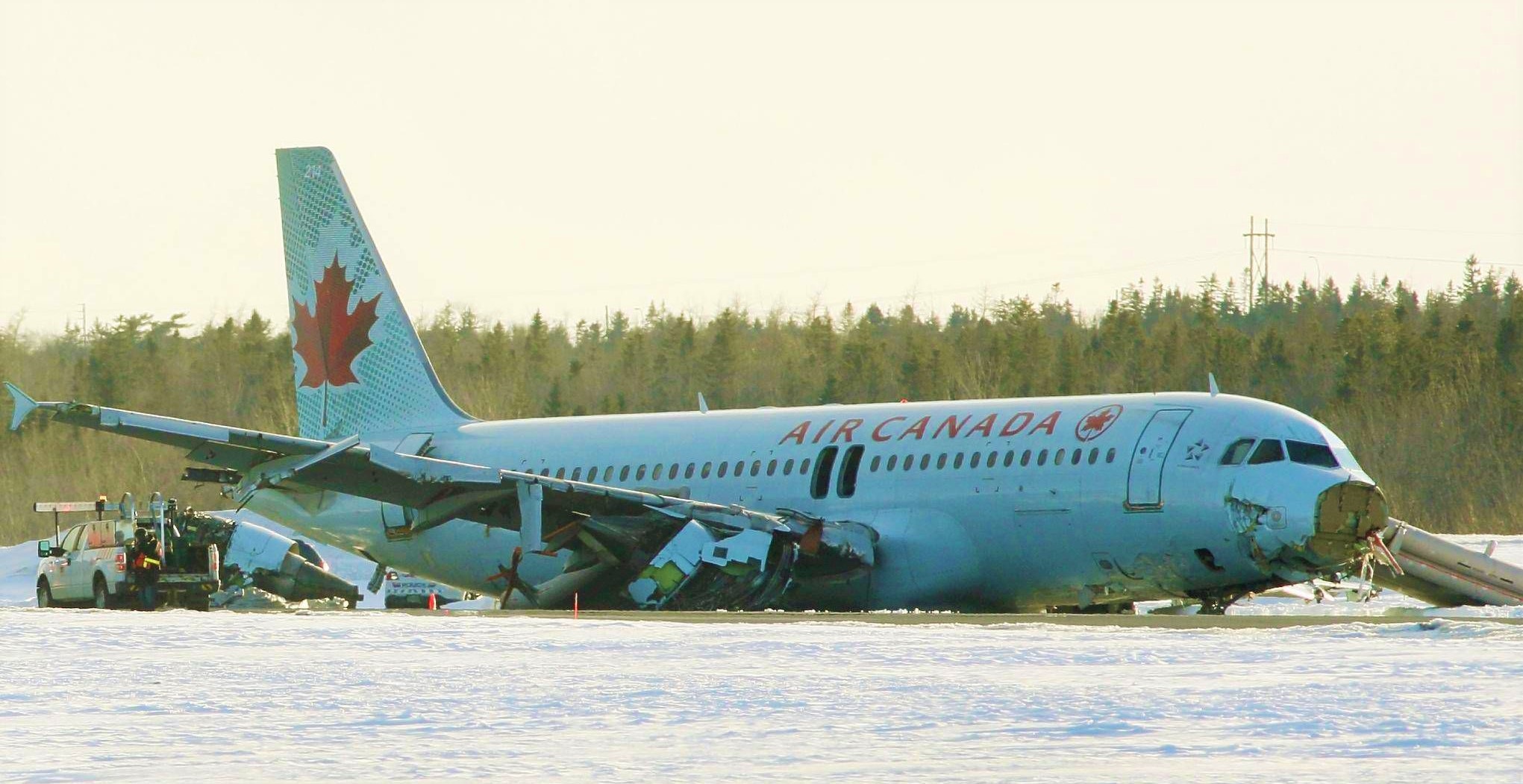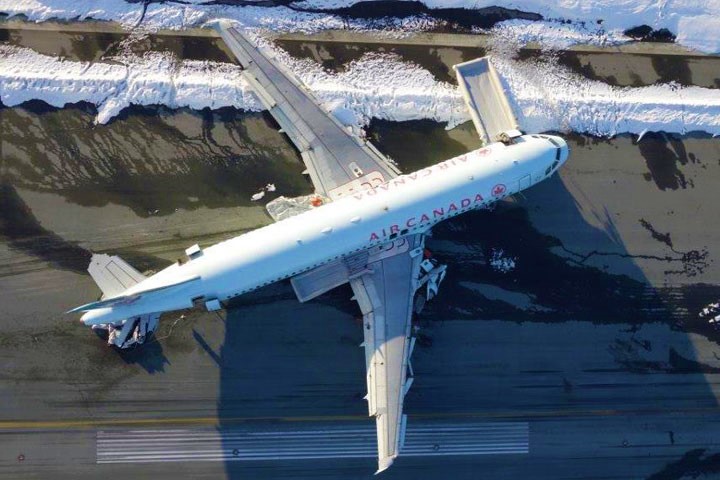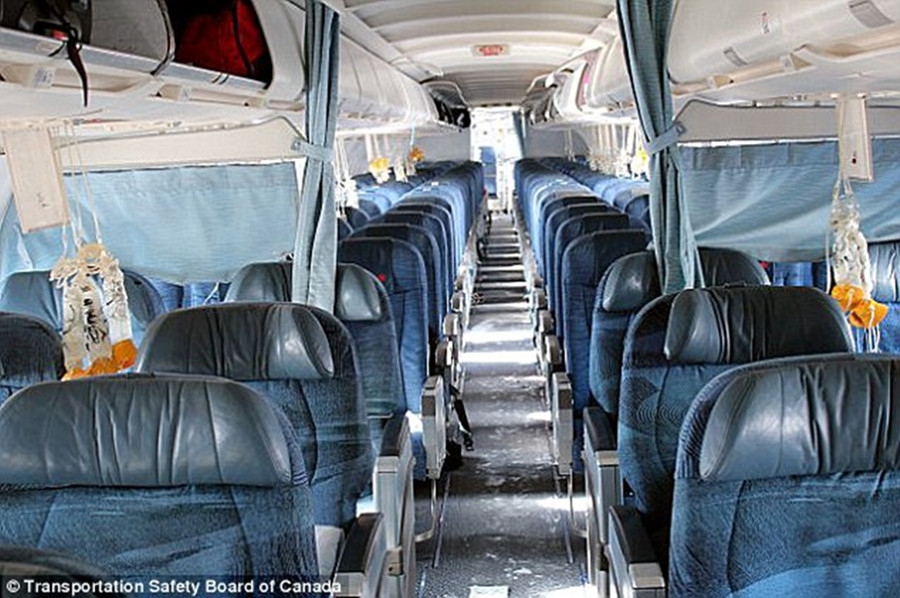


Six years into the past , Air Canada domestic passenger flight 624 took off from the Toronto Pearson International Airport to Halifax Stanfield International Airport in Halifax, Nova Scotia.
During heavy snow and poor visibility, at 00:43 ADT (03:43 UTC) on March 29, 2015, the Airbus A320-211 landed short of the runway and was severely damaged. Twenty-six people were injured.
Group of passengers want the Transportation Safety Board to release cockpit voice recordings and transcripts.

The aircraft was extensively damaged, having lost all landing gear and its port engine. The wings and tailplane were also damaged. Both pilots, twenty-three passengers and a flight attendant were taken to hospital. None of the injuries were life-threatening.
Released in May 2017, the final report Investigation said, no mechanical faults contributing to the accident. Instead pilot error was mainly to blame, as the crew followed relevant Air Canada flying procedures that contradicted Airbus and pilot training guidelines.
Investigators determined that the airline's standard operating procedure in regard to the selected landing mode (Flight Path Angle Guidance) was over-reliant on the Airbus' automation and led to excessive loss of altitude.
Per the SOP, the crew need not have monitored the aircraft's altitude or relation to the runway to make any subsequent adjustments to the flight path angle after the final approach fix.
Subsequently, the captain and first officer failed to notice or respond to the fact that the aircraft autopilot selected a steep vertical angle flight path, causing a drop below the minimum safe altitude. Furthermore, limited visibility hampered the crew's ability to accurately perceive their surroundings.

The accident was investigated by the Transportation Safety Board of Canada. Three Bureau of Enquiry and Analysis for Civil Aviation Safety (BEA) investigators from France and two technical advisers from Airbus travelled to Canada to participate in the investigation.
Some of the passengers have launched a class-action lawsuit against several parties, including the airline, Air Canada; the two pilots flying the Airbus 320 that night; its manufacturer, Airbus; the Halifax International Airport Authority; and Nav Canada, the corporation that operates Canada's civil air navigation system.
The respondents and passengers all want the release of the cockpit voice recordings that were recovered from the crash. Those recordings are held by the Transportation Safety Board (TSB) , the government agency that investigated the crash.
The contest is , TSB does not want to release the recordings and their transcripts, asserting its statutory right to keep such materials confidential. It took the matter to the Nova Scotia Supreme Court, where it lost.

It appealed that decision to the Nova Scotia Court of Appeal, and ultimately lost there as well. The courts found that the public interest in the administration of justice outweighed the statutory rights of the TSB.
Now the agency has persuaded the Supreme Court of Canada to hear its arguments as to why the recordings should not be released to the parties in this lawsuit.
No date for a hearing has been set, but in announcing that it was willing to hear the case, the Supreme Court of Canada said it should be dealt with on an expedited basis.
